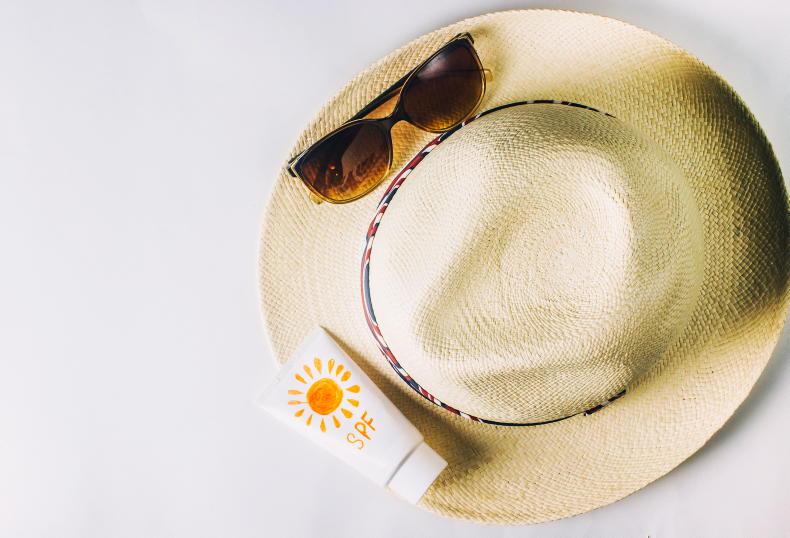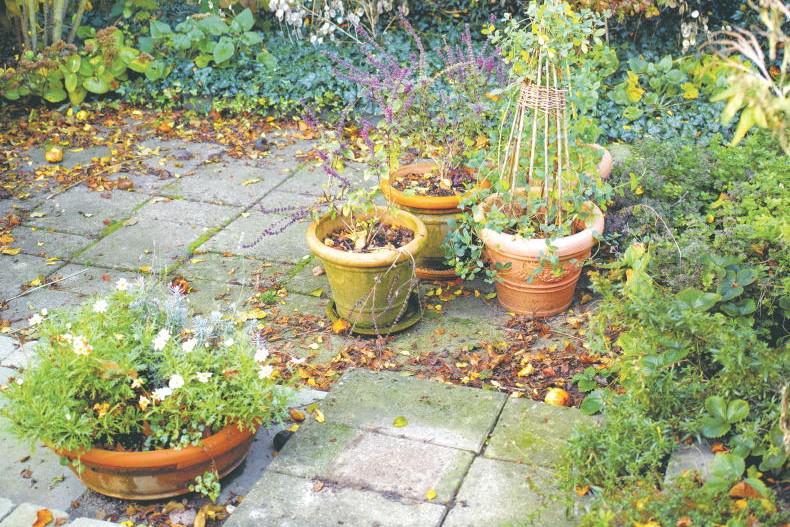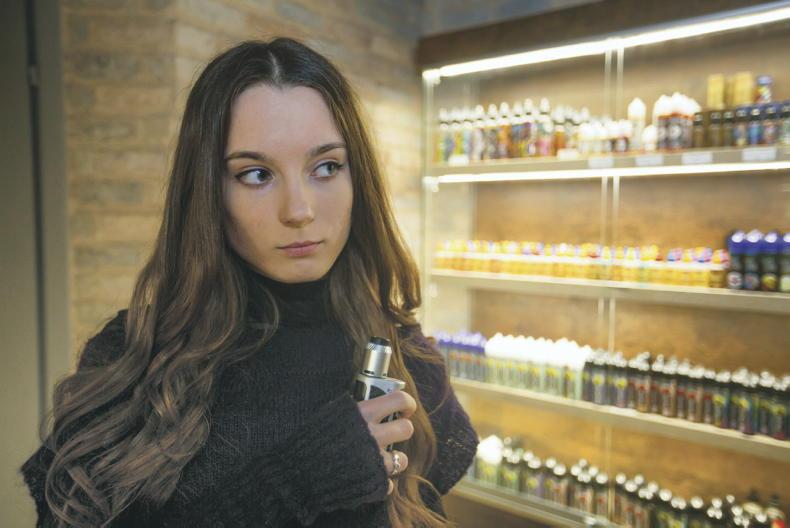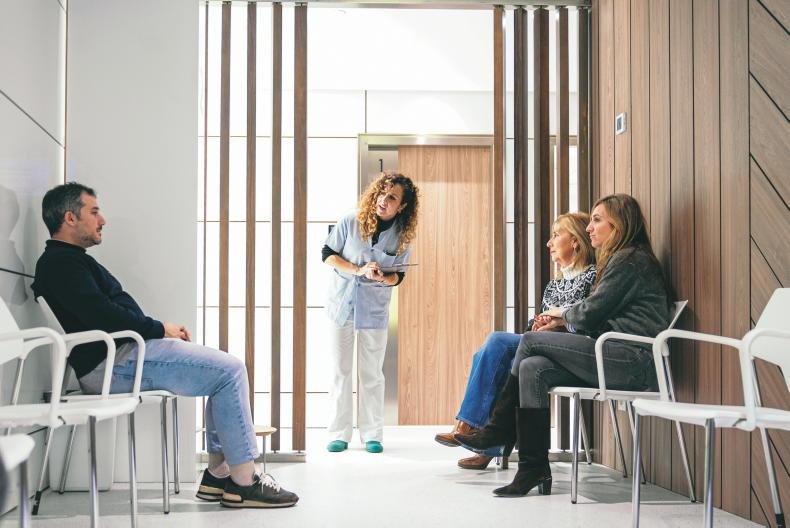You can find out more about getting your family started on a healthy lifestyle, for example, about quitting smoking and vaccination programmes for children. There will be information too about the flu season and COVID-19, dementia support, skin cancer prevention and more.
HSELive will also be on hand to provide information about your health and social care entitlements such as medical cards, GP visit cards, Fair Deal and much more.
What is HSELive? It is the seven-day a week contact centre for the HSE (details below) but the team will be available at the National Ploughing Championships to provide practical advice and information in relation to the health service.
Carmel Cullen of the HSELive team says;
“We will be there to help with any queries or questions you might have in relation to services. We can help you book your COVID-19 vaccine, sign you up for a QUIT plan (quit smoking), advise on medical card applications and we can direct you to the many services within our health system. One of the team will be delighted to assist you, or you can chat to one of our roving team members if you spot them.”
Don’t forget that the HSELive phone line is open seven days a week every week. Monday-Friday 8am to 8pm.
Freephone: 1800-700-700 or phone 01-240-8787 Saturday and Sunday between 9am and 5pm. (Tip – you will get through to an operator quicker between 1– 6pm. week days) Note: It is not an emergency line. You cannot contact HSELive by email, but contact can be made via direct message on Twitter @HSELive
Don’t forget to put a tube of sunscreen in your pocket when setting off for the Ploughing to use frequently depending on the weather, but if you forget, you can drop by the HSE stand and use their sunscreen dispenser to make sure you’re protected while you enjoy your day.

Skin cancer is the most common form of cancer in Ireland and farmers are more at risk because of working outdoors.13,000 cases are diagnosed each year so it’s not something to ignore. It makes sense, to take precautions to reduce the risk of skin cancer. Dr Katharine Harkin, specialist in public health medicine at the National Cancer Control Programme (NCCP) explains: “Outdoor workers, such as farmers, are exposed to UV radiation dose two–three times higher than indoor workers, meaning they are at a higher risk of developing skin cancer.
“Those who spend all or part of the day regularly working outdoors can reduce their risk of skin cancer by being SunSmart. Outdoor workers should make SunSmart part of their daily routine, especially from April to September when the intensity of UV radiation from the sun is greatest, even when it is cloudy.”
Follow the SunSmart 5 Ss to protect skin from the sun:
Slip on long sleeved, collared t-shirts.
Slop on sunscreen factor 30+ for adults and reapply regularly.
Slap on a wide-brimmed hat.
Seek shade between the hours of 11am to 3pm.
Slide on sunglasses to protect
your eyes.
More information on the SunSmart campaign is available at www.hse.ie/sunsmart
As much as €160 a month – that’s what families are spending on treat foods like crisps, chocolate and biscuits, according to recent research for the HSE’s START campaign. Remember when a bar of chocolate or packet of crisps was an occasional treat? For many families it is now part of everyday life, but it’s not a good idea.

Sarah O’Brien, HSE National Lead Healthy Eating Active Living says: “We know that parents and guardians want to do their best when it comes to their children’s health. Parents have told us that they are aware the amount of treats in their families’ diet has increased and they welcome advice on how they can reduce this. Eating treat foods like crisps, chocolate and biscuits daily can mean children aren’t getting all the nutrients they need for healthy growth and also contributes to tooth decay. Parents trying to reduce treats will find the support they need at www.makeastart.ie; whether it’s advice on
How to make a plan as a family to go easy on the treats. Not buying as many when shopping. Guidance on how to talk to others in your family circle about offering smaller treats and not every day. Our advice is practical and will make a real difference to your child and families health.”
At this year’s Ploughing Championships, the QUIT Service will be on-hand to give lots of practical personalised support to help you stop smoking for 28 days and beyond. At the HSE QUIT stand, you can have your breath carbon monoxide levels checked and avail of a free one-to-one stop smoking consultation with a HSE Stop Smoking Advisor on Tuesday 20 September.
Martina Blake, national lead for the HSE Tobacco Free Ireland Programme, offers the following advice: “Most people who smoke want to quit but for many, the idea of quitting can seem like a difficult thing to embark upon. It’s important to remember that you don’t have to quit alone. The HSE Quit Service is here to help by providing the tools and supports to make it possible. The most important part of quitting is preparing for quitting and getting your head into the right space. Our qualified staff can help you weigh up the pros and cons, set a date that’s right for you and decide which medication is suitable to help you succeed.”
There are many different ways to get help to quit from the Quit Service: call the Freephone Quitline 1800 201 203, get an online-personalised Quit plan where you can track your progress, a free Quit kit to help you prepare and advice on nicotine replacement therapy (NRT) and stop smoking medications.
The National Ambulance Service (NAS) has a range of career opportunities available. Visit the HSE stand on Tuesday 20 September to talk to people about how to get involved.
“We are looking forward to promoting awareness of a range of career opportunities in the ambulance service. We currently have opportunities for qualified paramedics and at various times of the year we have opportunities for student paramedics, intermediate care operatives and emergency medical call takers. “
www.nationalambulanceservice.ie/
For careers in NAS, visit hse.ie/jobs and search ambulance
Staff from the Diabetic RetinaScreen programme will be there also. Diabetic RetinaScreen offers free, regular diabetic retinopathy screening to people diagnosed with Type 1 or Type 2 diabetes aged 12 years and older. Diabetic RetinaScreen programme manager, Helen Kavanagh, says:“We encourage people with diabetes to come and chat to our staff about the test on offer and how to register with the programme.”
See Diabetic RetinaScreen.ie for more information or contact the team on free phone 1800 45 45 55.
Dementia:
understand together
Did you know that September is World Alzheimer’s Month? Approximately 64,000 people are living with dementia in Ireland at this time. With this number expected to more than double to 150,131 by 2045, more of us are going to find ourselves living with dementia, or supporting a loved one with dementia.
The HSE Dementia Understand Together team will be at the Ploughing Championships on Tuesday 20 September to talk about support and services available post-diagnosis, both from health services and through social and community initiatives and groups.
In addition, the Alzheimer Society of Ireland will also be at the Ploughing Championships each day with their mobile information service and can provide information and advice to people with dementia, carers, supporters and anyone who may have concerns about their own brain health and well-being or that of a friend or family member.
Note from Irish Country Living
The Irish Heart Foundation, Diabetes Ireland and the Irish Haemochromatosis Association will not have stands at the Ploughing this year, but you can find out more about support from these health charities on: irishheart.ie/, www.diabetes.ie/ and haemochromatosis-ir.com/
World Patient Safety Day is 17 September 2022. Keeping a list of your medications – name, dosage and frequency- to hand is very helpful if attending hospitals or being cared for.
Whether in written form or as a photograph on your phone, it can help avoid medication mistakes. Templates of the My Medicines List – Know, Check Ask – are available in pharmacies and healthcare facilities or the pdf can be downloaded here.
You can find out more about getting your family started on a healthy lifestyle, for example, about quitting smoking and vaccination programmes for children. There will be information too about the flu season and COVID-19, dementia support, skin cancer prevention and more.
HSELive will also be on hand to provide information about your health and social care entitlements such as medical cards, GP visit cards, Fair Deal and much more.
What is HSELive? It is the seven-day a week contact centre for the HSE (details below) but the team will be available at the National Ploughing Championships to provide practical advice and information in relation to the health service.
Carmel Cullen of the HSELive team says;
“We will be there to help with any queries or questions you might have in relation to services. We can help you book your COVID-19 vaccine, sign you up for a QUIT plan (quit smoking), advise on medical card applications and we can direct you to the many services within our health system. One of the team will be delighted to assist you, or you can chat to one of our roving team members if you spot them.”
Don’t forget that the HSELive phone line is open seven days a week every week. Monday-Friday 8am to 8pm.
Freephone: 1800-700-700 or phone 01-240-8787 Saturday and Sunday between 9am and 5pm. (Tip – you will get through to an operator quicker between 1– 6pm. week days) Note: It is not an emergency line. You cannot contact HSELive by email, but contact can be made via direct message on Twitter @HSELive
Don’t forget to put a tube of sunscreen in your pocket when setting off for the Ploughing to use frequently depending on the weather, but if you forget, you can drop by the HSE stand and use their sunscreen dispenser to make sure you’re protected while you enjoy your day.

Skin cancer is the most common form of cancer in Ireland and farmers are more at risk because of working outdoors.13,000 cases are diagnosed each year so it’s not something to ignore. It makes sense, to take precautions to reduce the risk of skin cancer. Dr Katharine Harkin, specialist in public health medicine at the National Cancer Control Programme (NCCP) explains: “Outdoor workers, such as farmers, are exposed to UV radiation dose two–three times higher than indoor workers, meaning they are at a higher risk of developing skin cancer.
“Those who spend all or part of the day regularly working outdoors can reduce their risk of skin cancer by being SunSmart. Outdoor workers should make SunSmart part of their daily routine, especially from April to September when the intensity of UV radiation from the sun is greatest, even when it is cloudy.”
Follow the SunSmart 5 Ss to protect skin from the sun:
Slip on long sleeved, collared t-shirts.
Slop on sunscreen factor 30+ for adults and reapply regularly.
Slap on a wide-brimmed hat.
Seek shade between the hours of 11am to 3pm.
Slide on sunglasses to protect
your eyes.
More information on the SunSmart campaign is available at www.hse.ie/sunsmart
As much as €160 a month – that’s what families are spending on treat foods like crisps, chocolate and biscuits, according to recent research for the HSE’s START campaign. Remember when a bar of chocolate or packet of crisps was an occasional treat? For many families it is now part of everyday life, but it’s not a good idea.

Sarah O’Brien, HSE National Lead Healthy Eating Active Living says: “We know that parents and guardians want to do their best when it comes to their children’s health. Parents have told us that they are aware the amount of treats in their families’ diet has increased and they welcome advice on how they can reduce this. Eating treat foods like crisps, chocolate and biscuits daily can mean children aren’t getting all the nutrients they need for healthy growth and also contributes to tooth decay. Parents trying to reduce treats will find the support they need at www.makeastart.ie; whether it’s advice on
How to make a plan as a family to go easy on the treats. Not buying as many when shopping. Guidance on how to talk to others in your family circle about offering smaller treats and not every day. Our advice is practical and will make a real difference to your child and families health.”
At this year’s Ploughing Championships, the QUIT Service will be on-hand to give lots of practical personalised support to help you stop smoking for 28 days and beyond. At the HSE QUIT stand, you can have your breath carbon monoxide levels checked and avail of a free one-to-one stop smoking consultation with a HSE Stop Smoking Advisor on Tuesday 20 September.
Martina Blake, national lead for the HSE Tobacco Free Ireland Programme, offers the following advice: “Most people who smoke want to quit but for many, the idea of quitting can seem like a difficult thing to embark upon. It’s important to remember that you don’t have to quit alone. The HSE Quit Service is here to help by providing the tools and supports to make it possible. The most important part of quitting is preparing for quitting and getting your head into the right space. Our qualified staff can help you weigh up the pros and cons, set a date that’s right for you and decide which medication is suitable to help you succeed.”
There are many different ways to get help to quit from the Quit Service: call the Freephone Quitline 1800 201 203, get an online-personalised Quit plan where you can track your progress, a free Quit kit to help you prepare and advice on nicotine replacement therapy (NRT) and stop smoking medications.
The National Ambulance Service (NAS) has a range of career opportunities available. Visit the HSE stand on Tuesday 20 September to talk to people about how to get involved.
“We are looking forward to promoting awareness of a range of career opportunities in the ambulance service. We currently have opportunities for qualified paramedics and at various times of the year we have opportunities for student paramedics, intermediate care operatives and emergency medical call takers. “
www.nationalambulanceservice.ie/
For careers in NAS, visit hse.ie/jobs and search ambulance
Staff from the Diabetic RetinaScreen programme will be there also. Diabetic RetinaScreen offers free, regular diabetic retinopathy screening to people diagnosed with Type 1 or Type 2 diabetes aged 12 years and older. Diabetic RetinaScreen programme manager, Helen Kavanagh, says:“We encourage people with diabetes to come and chat to our staff about the test on offer and how to register with the programme.”
See Diabetic RetinaScreen.ie for more information or contact the team on free phone 1800 45 45 55.
Dementia:
understand together
Did you know that September is World Alzheimer’s Month? Approximately 64,000 people are living with dementia in Ireland at this time. With this number expected to more than double to 150,131 by 2045, more of us are going to find ourselves living with dementia, or supporting a loved one with dementia.
The HSE Dementia Understand Together team will be at the Ploughing Championships on Tuesday 20 September to talk about support and services available post-diagnosis, both from health services and through social and community initiatives and groups.
In addition, the Alzheimer Society of Ireland will also be at the Ploughing Championships each day with their mobile information service and can provide information and advice to people with dementia, carers, supporters and anyone who may have concerns about their own brain health and well-being or that of a friend or family member.
Note from Irish Country Living
The Irish Heart Foundation, Diabetes Ireland and the Irish Haemochromatosis Association will not have stands at the Ploughing this year, but you can find out more about support from these health charities on: irishheart.ie/, www.diabetes.ie/ and haemochromatosis-ir.com/
World Patient Safety Day is 17 September 2022. Keeping a list of your medications – name, dosage and frequency- to hand is very helpful if attending hospitals or being cared for.
Whether in written form or as a photograph on your phone, it can help avoid medication mistakes. Templates of the My Medicines List – Know, Check Ask – are available in pharmacies and healthcare facilities or the pdf can be downloaded here.











SHARING OPTIONS